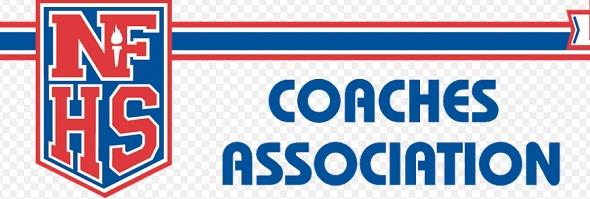
Program Priorities
January 10, 2014
Many school districts face more requests from their constituents for sports programs than they have the resources to accommodate, so they are forced to make very difficult decisions. For three decades, when I’ve been consulted, I have offered and stood by this advice.
First, I advance the premise that if the activity is educational, there is just as much potential for the education to occur at the junior high/middle school and subvarsity levels as at the varsity level. Just as we would not discriminate against one race or gender, we should not disadvantage one age or ability level. In fact, with a little less pressure to win, it is likely to see more education at subvarsity levels and more reason to sponsor them.
Second, I advocate the position that schools should avoid sponsorship of any activity for which a qualified head coach cannot be secured. Qualified personnel are, in order of priority:
-
a teacher within the building who has current CPR certification and completed CAP.
-
a teacher within the district who has current CPR certification and completed CAP.
-
a teacher in another district who has current CPR certification and completed CAP.
-
a certified teacher from the community who has current CPR certification and completed CAP.
-
a non-certified person who has current CPR certification and completed CAP.
I urge schools not to descend lower than this for program leadership. Coaches are the delivery system of the education in educational athletics; they are the critical link in the educational process. More problems occur than are worth the effort if the program is in the hands of an unqualified coach.
Next, I urge that schools rank sports on the basis of cost per participant, and give higher priority to sports that spread funds over the greatest number of participants.
Next, I urge that schools place lowest in priority the sports that cannot be operated on school facilities and create transportation, supervision and liability issues, and give higher priority to those conducted at or very near the school.
Next, I urge that schools place lowest in priority the sports which are most readily available in the community, without school involvement. If resources are precious, then duplicating school programs should be a low priority; doing what the community can’t do or doesn’t do should be given a much higher priority.
While I’m a fan of school sports, I recognize that an athletic program has as much potential to do harm as to do good. Programs without qualified coaches that are conducted for small numbers of students at remote venues and without comprehensive school oversight and support may create more problems for schools than the good they do for students.
Bare bones budgeting will require brutally honest assessments based on priorities like these.

Brother Rice's Venos Honored by NFHS
January 12, 2018
By Geoff Kimmerly
Second Half editor
One of the most successful boys swimming & diving coaches in MHSAA history was honored Thursday by the National Federation of State High School Associations (NFHS) Coaches Association.
Birmingham Brother Rice’s Michael Venos was recognized as the National Coach of the Year in his sport after leading the Warriors to a fourth-straight Lower Peninsula Division 1 championship last winter.
The following brief bio includes Venos’ coaching philosophy, which he was asked to submit after being identified as a candidate for the award.
 Mike Venos is in his 34th year coaching and 21st at Brother Rice, including his 20th as the head of the Warriors program. He has coached 12 individuals MHSAA Finals champions and 15 relay Finals champions, with a record 19 straight Detroit Catholic League team championships. He has been named Class A/Division 1 Swim Coach of the Year by the Michigan Interscholastic Swim Coaches Association four times. Venos also led the Farmington Hills Mercy girls swimming & diving team to the LPD1 championship in the fall.
Mike Venos is in his 34th year coaching and 21st at Brother Rice, including his 20th as the head of the Warriors program. He has coached 12 individuals MHSAA Finals champions and 15 relay Finals champions, with a record 19 straight Detroit Catholic League team championships. He has been named Class A/Division 1 Swim Coach of the Year by the Michigan Interscholastic Swim Coaches Association four times. Venos also led the Farmington Hills Mercy girls swimming & diving team to the LPD1 championship in the fall.
“Very simply stated, it's never about winning. It's about being the best. I am fortunate enough to be able to coach young men and women who just happen to swim. My mission in life is for them to be able to take the lessons they learn from our sport and apply it to their lives. I understand that our parents have their children involved in swimming for more reasons than just to swim fast. I believe that no one person is more important than the team and I want my student-athletes to understand that they are part of something larger than themselves. I don't measure our success by wins and losses, but by how our young men and women go out into the world and represent their team by applying what they have gained from our sport in the daily aspects of their lives.”
The NFHS has been recognizing coaches through an awards program since 1982. Winners of NFHS awards must be active coaches during the year for which they receive their award.

